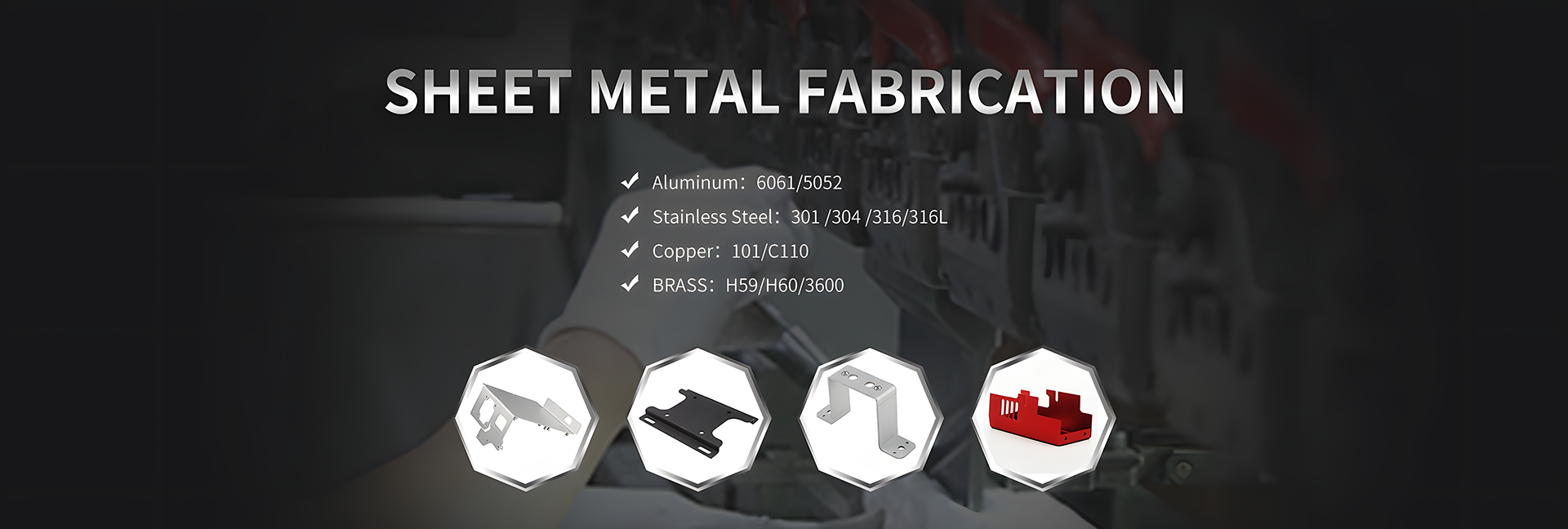Chemical Composition of Steels for Metric Bolts, Screws and Studs:
The chemical composition of steel for bolts, screws, and studs can vary depending on the specific grade or specification of steel being used. Steel is a versatile material, and its properties can be tailored to meet various requirements.
Common Elements in Carbon and Alloy Steels:
1.Iron (Fe): Iron is the primary element in steel, typically making up the majority of its composition.
2.Carbon (C): Carbon content varies depending on the grade of steel. Low carbon steels have carbon content usually below 0.30%, while medium and high carbon steels may have higher carbon content.
3.Manganese (Mn): Manganese is often added to improve the strength and hardenability of steel. It is commonly found in many steel alloys.
4.Sulfur (S) and Phosphorus (P): These elements are considered impurities and are typically controlled to very low levels in steel, as they can negatively impact the material’s properties. In general, lower levels of sulfur and phosphorus are desirable.
5.Silicon (Si): Silicon is sometimes added to steel for deoxidation and to improve its strength and toughness.
6.Other Alloying Elements: Depending on the specific grade, alloying elements such as chromium (Cr), molybdenum (Mo), vanadium (V), and nickel (Ni) may be added to enhance specific properties like corrosion resistance, high-temperature strength, or hardenability.
| Property class | Material and heat treatment | Chemical composition limits (cast analysis, %) a | Tempering temperature |
||||
|---|---|---|---|---|---|---|---|
| C | P | S | B | °C | |||
| 4.6 | Carbon steel or carbon steel with additives | min | max | max | max | max | min. |
| 4.8 | - | 0.55 | 0.05 | 0.06 | Not specified | - | |
| 5.6 | 0.13 | 0.55 | 0.05 | 0.06 | |||
| 5.8 | - | 0.55 | 0.05 | 0.06 | |||
| 6.8 | 0.15 | 0.55 | 0.05 | 0.06 | |||
| 8.8 | Carbon steel with additives (e.g. Boron or Mn | 0.15 | 0.4 | 0.025 | 0.025 | 0.003 | 425 |
| Carbon steel quenched and tempered | 0.25 | 0.55 | 0.025 | 0.025 | |||
| Carbon steel quenched and tempered | 0.20 | 0.55 | 0.025 | 0.025 | |||
| 10.9 | Carbon steel with additives (e.g. Boron or Mn | 0.20 | 0.55 | 0.025 | 0.025 | 0.003 | 425 |
| Carbon steel quenched and tempered | 0.25 | 0.55 | 0.025 | 0.025 | |||
| Carbon steel quenched and tempered | 0.20 | 0.55 | 0.025 | 0.025 | |||
| 12.9 | Alloy steel quenched and tempered | 0.3 | 0.5 | 0.025 | 0.025 | 0.003 | 425 |
| 12.9 | Carbon steel with additives (e.g. Boron or Mn or Cr or Molybdenum) quenched and tempered | 0.28 | 0.5 | 0.025 | 0.025 | 0.003 | 380 |
The specific chemical composition of steel for fasteners will depend on factors such as the class, intended application, and any industry standards or specifications that must be met. It’s essential to select the right type of steel for your specific fastener application to ensure proper performance and durability.




